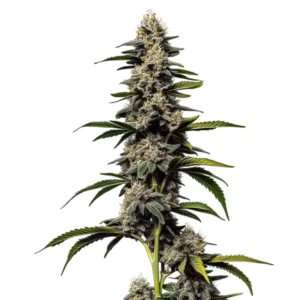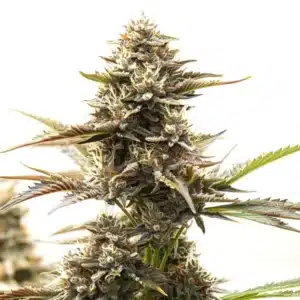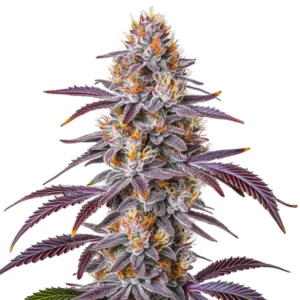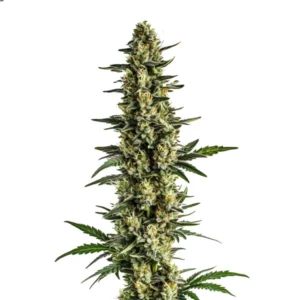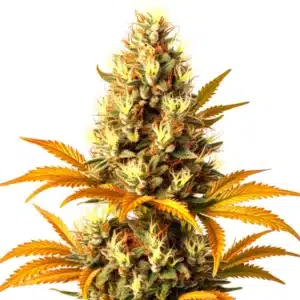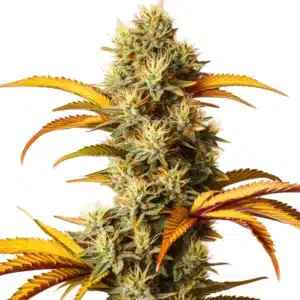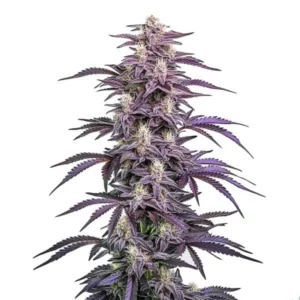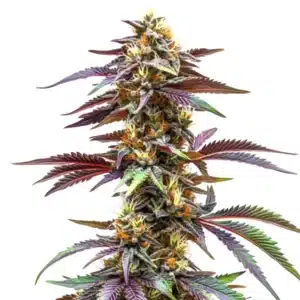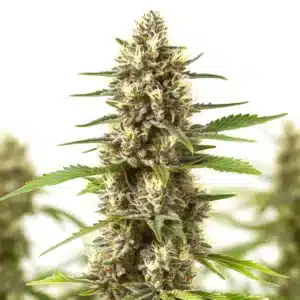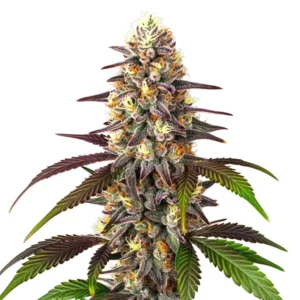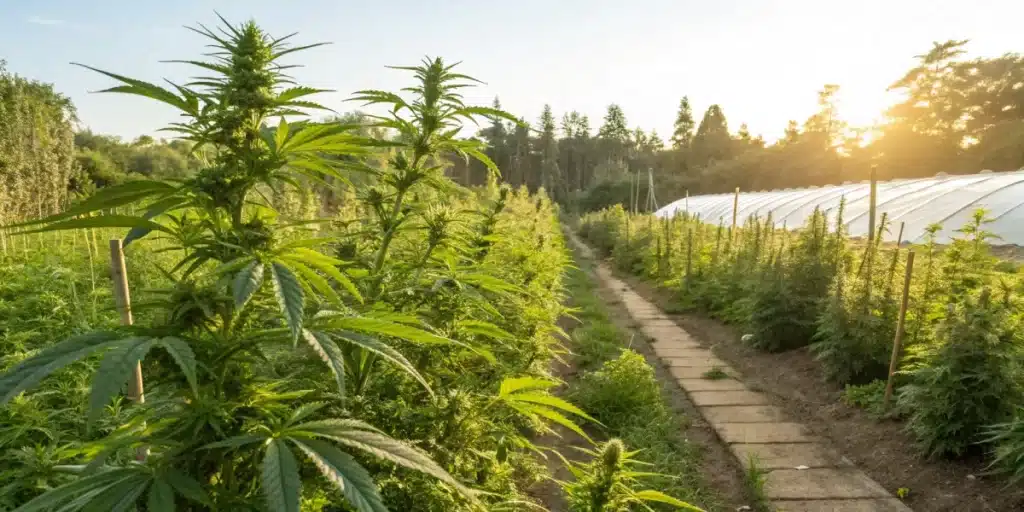
Grow Organic Weed: Sustainable Cultivation Tips
Organic Methods
Grow Organic Weed by focusing on natural processes that promote healthy plant growth. Organic cultivation avoids synthetic chemicals, relying instead on nature’s own cycles. This approach not only enhances the quality of the cannabis but also protects the environment. By embracing organic methods, cultivators can create a thriving ecosystem that benefits both plants and the surrounding wildlife.
To grow organic weed effectively, realizing the principles of organic agriculture is key. This includes knowing how to build soil health, manage pests naturally, and utilize organic fertilizers. Each step in organic cultivation leads to healthier plants, which naturally produce superior cannabis. It’s a win-win for both the grower and the environment.
Recommended Strains
Alien GG
|
|
THC | 23% - 24% (Medium) |
|
|
Type | Feminized |
|
|
Yield | High |
|
|
Phenotype | 70% Indica / 30% Sativa |
Alien Cookies x Kush Mints
|
|
THC | 33% - 34% (High) |
|
|
Type | Feminized |
|
|
Yield | High |
|
|
Phenotype | 80% Indica / 20% Sativa |
Benefits of Organic Growing
Growing cannabis organically offers numerous advantages. First and foremost, organic weed tends to be more flavorful and aromatic due to the natural compounds developed in the absence of chemicals. Taste is a significant factor for many consumers, and organic cannabis often stands out in the marketplace.
Additionally, organic methods promote biodiversity, which is essential for sustainable agriculture. A diverse ecosystem helps to control pests naturally and encourages the growth of beneficial microorganisms in the soil. Ultimately, organic cultivation leads to a more resilient growing environment, reducing the need for chemical interventions.
Promos & Deals
Soil Preparation and Amendments
Choosing the Right Soil
The foundation of any successful attempt to grow organic weed is the soil. Selecting high-quality organic soil is essential for providing your plants with the necessary nutrients. Look for soil that is rich in organic matter, has good drainage, and is free from synthetic additives. A well-balanced mix of soil, compost, and other organic materials will create a fertile environment for your cannabis plants.
When preparing your soil, consider conducting a soil test. This will give you insights into the nutrient levels and pH balance, allowing you to make informed decisions about amendments. Remember, healthy soil leads to healthy plants, so take the time to set this foundation right.
Natural Fertilizers and Amendments
Once you have the right soil in place, the next step is to enrich it with natural fertilizers. Organic options such as compost, worm castings, and bone meal are excellent choices. These amendments not only provide essential nutrients but also improve soil structure and water retention.
It’s also beneficial to incorporate cover crops into your growing routine. Plants like clover and vetch can fix nitrogen in the soil, enhancing fertility naturally. By using these organic fertilizers, you promote a sustainable cycle of growth that ultimately benefits your cannabis plants.
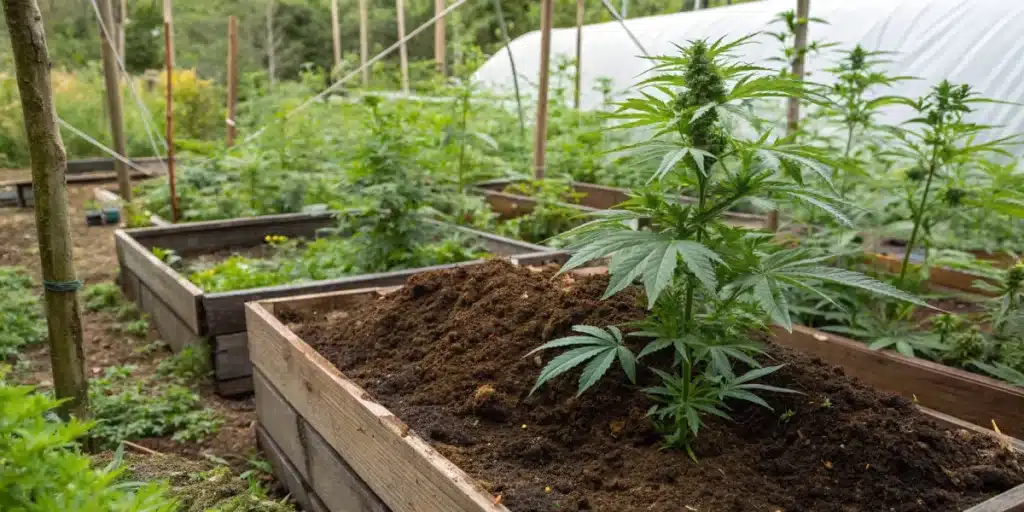
Pest and Disease Management
Natural Pest Control Strategies
Managing pests organically requires a proactive approach when you Grow Organic Weed. Start by creating a balanced ecosystem that attracts beneficial insects, such as ladybugs and lacewings, which prey on harmful pests. This natural pest control strategy reduces the need for chemical interventions while promoting biodiversity in your garden.
Another effective method is to use companion planting. By strategically placing certain plants together, you can deter pests naturally. For example, planting marigolds alongside cannabis can repel aphids and other unwanted insects. These natural strategies not only protect your plants but also enhance the overall health of your garden.
Organic Disease Prevention
Preventing diseases in your cannabis crop is as important as managing pests. Healthy plants are less susceptible to diseases, so maintaining proper nutrient levels and soil health is paramount. Additionally, practicing crop rotation and ensuring good airflow around your plants can significantly reduce the risk of fungal infections.
Using organic fungicides made from natural ingredients can also be effective when you want to Grow Organic Weed. Products containing neem oil or potassium bicarbonate can help manage any outbreaks without compromising your organic principles. Always monitor your plants closely for any signs of stress or disease, as early intervention is crucial.
Watering and Nutrient Management
Efficient Irrigation Practices
Watering is a critical aspect of growing organic weed. Overwatering can lead to root rot and other issues, while underwatering can stress your plants. Implementing an efficient watering system, such as drip irrigation, ensures that your plants receive the right amount of moisture without waste.
Consider the climate and specific needs of your cannabis strain when determining your watering schedule. It’s essential to observe your plants closely; they will often show signs when they need water. A well-hydrated plant will be vibrant and lush, signaling good health and optimal growth.
Organic Nutrient Solutions
When it comes to organic nutrient management, using natural solutions is essential. Liquid seaweed extracts, fish emulsion, and compost teas can provide your plants with the nutrients they need to thrive. These organic fertilizers are not only effective but also contribute to the overall health of the soil.
Regularly monitoring your plants’ growth and adjusting nutrient applications based on their needs can lead to improved performance. If you want to grow organic weed successfully, remember that organic cultivation is about working with nature, so patience and observation are key to achieving the best results.
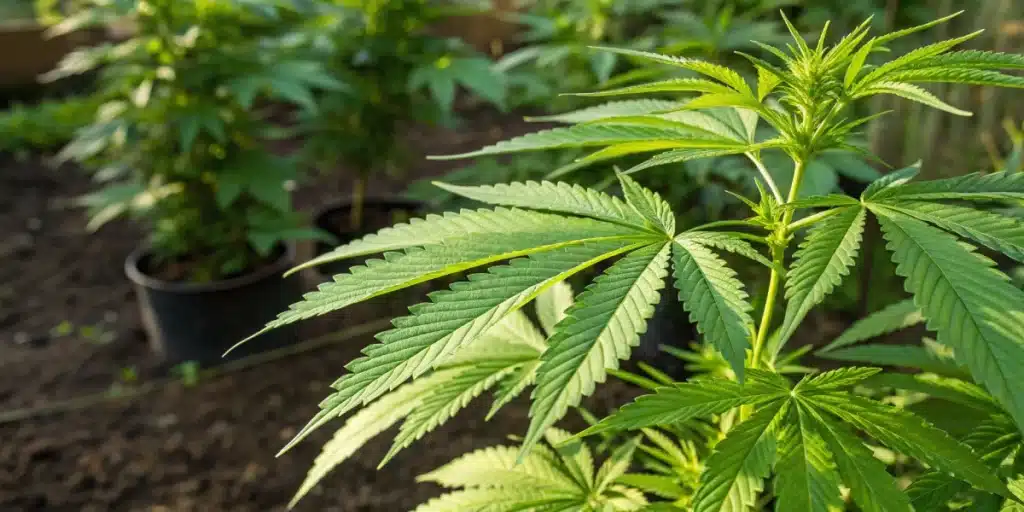
FAQs about grow organic weed
What are the best organic fertilizers for cannabis?
Some of the best organic fertilizers for cannabis include compost, worm castings, and fish emulsion. These natural options provide essential nutrients while enhancing soil health.
How do I prevent pests naturally?
Natural pest prevention can be achieved by attracting beneficial insects, using companion planting, and maintaining a healthy ecosystem within your garden.
Can organic methods produce high yields?
Yes, organic methods can produce high yields when managed correctly. Healthy soil, proper watering, and attentive care lead to robust plants that can thrive and yield effectively.



